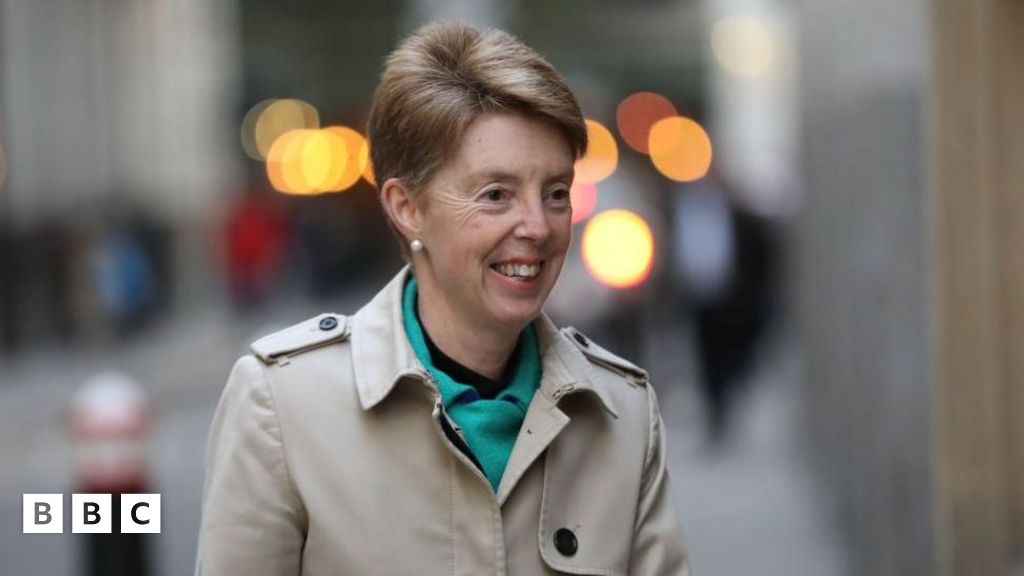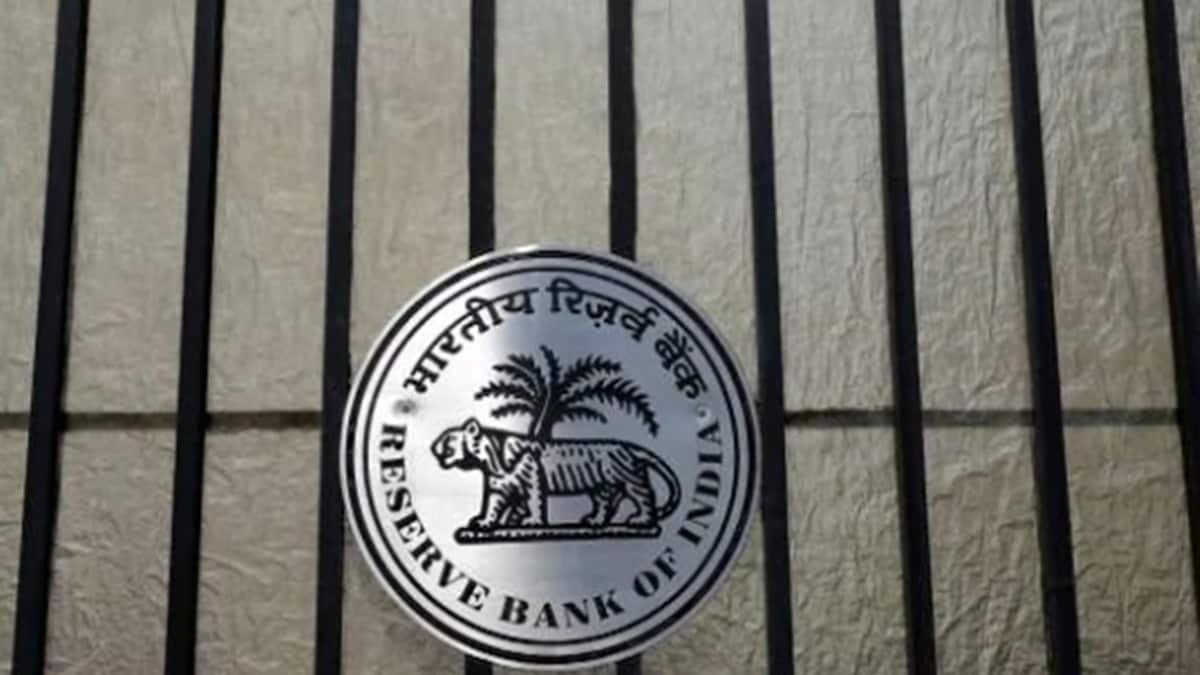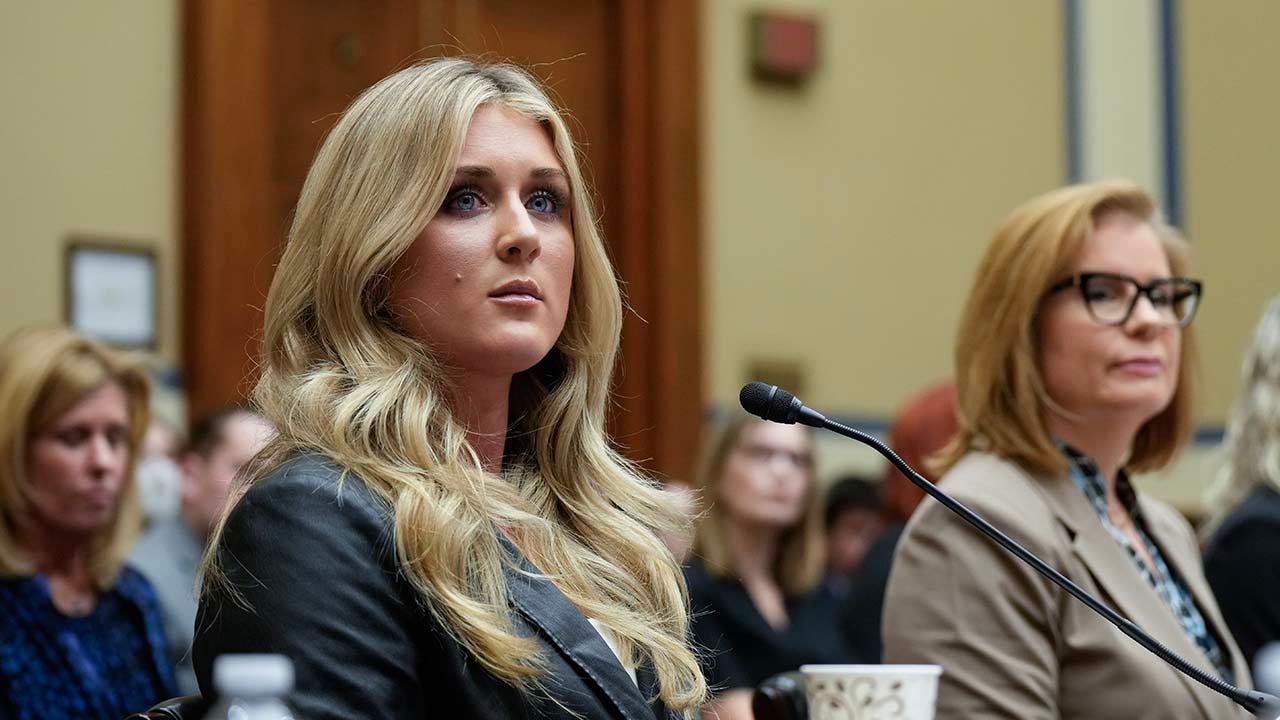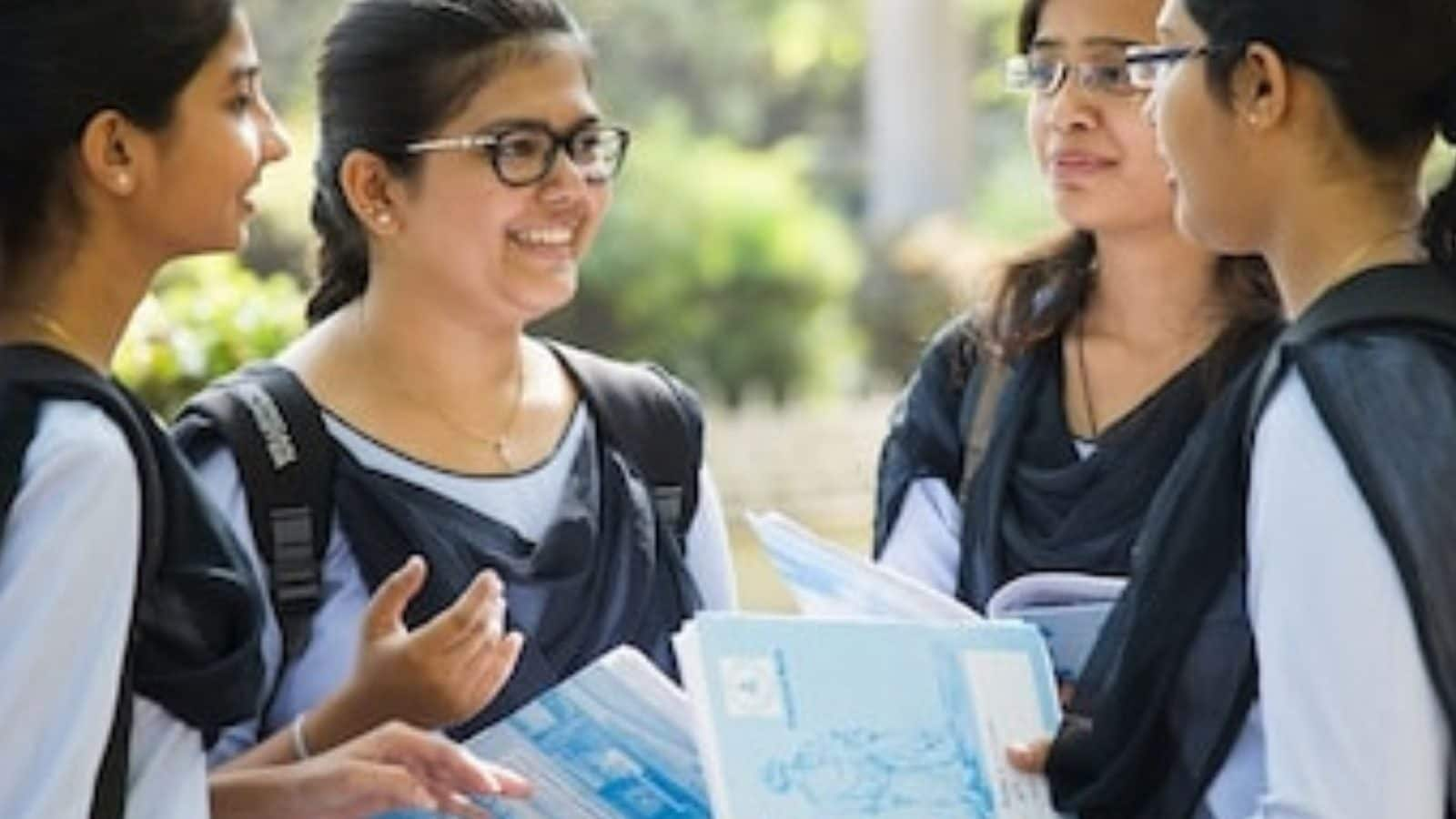In the recently announced Union Budget 2023 by finance minister Nirmala Sitharaman, Rs 1.2 lakh crore has been allocated to the education sector. Among the initiative announced include PM VIKAS, launching of 5G labs across institutes, focuses on increasing literacy among tribal children, hiring and training of teachers, etc. While education experts are happy for the most part, they are disappointed that the GST has not been reduced for education.
“Education is of utmost importance at every level and it is a welcome move to see the government implement Eklavya Modern Schools in the next three years which will bolster the education of tribal India. Having said that, the GST on education is still a vital concern which was not discussed by the Finance Minister,” says AK Srikanth, CEO at KLAY.
“It is a bit disappointing to see that the GST has not been reduced for education. Edtech companies today are on the rise and carry a huge potential to help the government and industries. I wish the budget had more room for this,” said Bhavesh Goswami, Founder & CEO, CloudThat.
“The edtech industry was hoping for support from the government in the form of schemes and incentives for improving online initiatives. We hope the government revisits GST on education, especially higher education and upskilling courses. The current GST on education services is 18 per cent, which is for luxury items. In the current industry dynamics, such education is not luxury but essential and hence, we hope for consideration on the same,” says Ranjita Raman, CEO, Jaro Education.
Thumbs up to teacher training, hiring initiatives
“The best feature of this budget is teachers’ training will be re-envisioned through innovative pedagogy, curriculum transaction, continuous professional development dipstick survey, and ICT implementation which is in need of time,” says Neelima Kamrah Principal of KIIT World School Gurgaon. She adds that the second feature is the creation of 100 labs for developing apps using 5G services.
“Indian education system has always complained of the non-availability of quality teachers. The current impetus on recruiting a large number of teachers and creating a sustainable teachers training programme equipping them with multilateral skills will go a long way in improving the quality of education in Indian schools,” says Shantanu Rooj, CEO & Founder at Teamlease Edtech.
“The strengthening of the Eklavya Model Residential Schools with enhanced budgetary support of Rs 2000 crores for the FY 2022-2023 and the planned recruitment of 38,800 teachers and support staff in the coming years is a welcome development that will enhance access to and strengthen education at the grassroots,” says Monica Malhotra Kandhari, MD, MBD Group.
Some positive changes
“One of the primary focuses of early education should also be on skill-based learning which should be adopted by primary schools. In the past few years, the need for skill-based jobs has increased in India hence the move by the government to implement Pradhan Mantri Kaushal Vikas Yojana 4.0 in the next three years is also a great move to bridge the gap,” says AK Srikanth, CEO at KLAY.
“It is good to see that the government has laid focus on introducing new courses in the education system to adopt new technologies like AI and 5G. The budget announcements focused on research and upskilling for the education sector. Three Centers of Excellence for Artificial Intelligence will be set up in top educational institutions for realizing the vision of ‘Make AI in India’ and ‘Make AI Work for India’. This will give a fillip to AI in education and research,” Dr Ashwini Sharma, Director, Institute of Management, JK Lakshmipat University, Jaipur said.
“With one of the prominent focuses this year being job creation for youth in India (Amrit Kal) to foster entrepreneurship, the budget also provides for a massive expansion of scholarships and fellowships through centres of excellence, as well as funding for teacher training & development and introduction of digital libraries,” says Dr Silpi Sahoo, Chairperson, SAI International Education Group.
“The introduction of the National Digital Library for children and adolescents, provisions for teacher training, on-the-job skill training, apprenticeships, and the creation of 30 Skill India International Centres will help promote access to knowledge. The Government’s recognition of the post-pandemic learning loss is a welcome move. Emphasis on skill development with AR/VR applications will help young people prepare for the future of work and enable them with relevant soft skills,” says Dhuwarakha Sriram, Chief of Generation Unlimited (YuWaah) and Youth Development and Partnerships at UNICEF.
More focus required on higher education sector
While the Union Budget 2023 seems to meet the hopes and aspirations of the common man, a lot needs to be done for the higher education sector, says Dr Kulneet Suri, (Senior Director of IMS Noida and Alumni of Harvard University (HKS). ” More needs to be done higher education sector in terms of creating support for research and development, applied and peripheral curriculum reforms, better access to education for the weaker sections, additional support for research and development, and encouragement of private sector involvement,” he added.
“It is a disappointment that there were no specific announcements for the higher education sector. Research in the higher education sector needs the government’s support which in turn can act as a catalyst for India’s growth. We hope the government opens channels for collaborative working with private institutions as well, to create global managers,” said Vaidyanathan V, CFO, Great Lakes Institute of Management
“The fact that education as a sector is not directly a part of the main areas that the government is focusing on (the Saptarshis), is very worrisome. Most often, budgets are an important signalling device about the government’s priorities. Unfortunately, using that yardstick leaves one with the feeling that the thrust needed toward education is singularly missing,” says Manek Daruvala, Founder & Director, T.I.M.E.
“This lack of focus on education is also seen through the lack of action on increasing allocation to education as recommended by the National Education Policy 2020. On the contrary, the allocation has dropped marginally in percentage terms when looked at as a share of the overall budget,” he added.
Read all the Latest Education News here















































